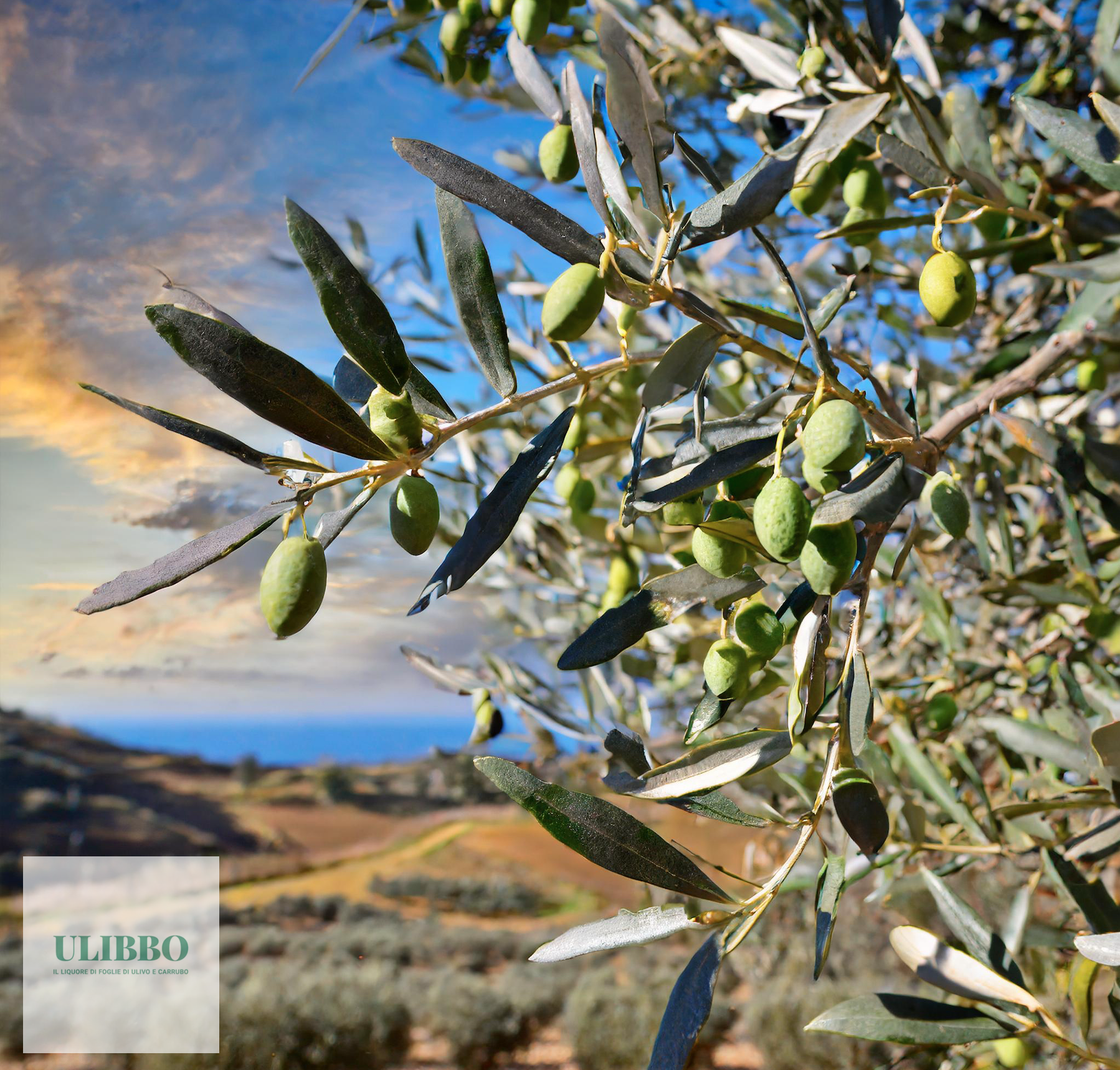The Silent Masters of Sicily: The Olive and Carob Trees

As Leonardo Sciascia once said, Sicily is an island out of time, where every stone tells a story and every corner is a work of art. A land of contrasts, of mixtures, of clashes and encounters, it is the soul of the Mediterranean, a bit Arab, a bit Norman, but also Spanish, Greek, Roman, Phoenician: in a word, mestizo.
Each piece of this island jealously guards different stories and identities which, all together, make up the rich and complex Sicilian ethos. Among all these “Sicilies”, there is a precious and hidden one, baroque and peasant, so far south that it is further south than Tunis: Ragusa, where farmers and herders, guardians of the territory, have always lived following the cycles of nature and the countryside, where the sun kisses the earth with ardor and the wind whispers ancient stories.
In this strip of Trinacria where lush green countryside dotted with white dry stone walls, between sea and hills, two trees have always stood as unchanging and silent symbols of peasant culture: the olive tree and the carob tree.Children of this generous land, they embody two different souls, united by a common destiny: to nourish and accompany the life of the peasant.
The olive tree, a green patriarch, with its solid and wrinkled trunk and its silvery foliage, reigns supreme over the hills. Its roots, deep as peasant memory, cling tenaciously to the earth, absorbing its strength and vitality. Each leaf, a drop of emerald sparkling in the sun, contains the secret of a precious oil, the fruit of wise care and tireless work. The olive tree is life, it is sap that flows in the veins, the condiment that enriches the table, the balm that soothes wounds. It is the symbol of tenacity, patience, and peasant wisdom, which awaits with confidence the fruits of its labor, year after year, generation after generation.
The carob tree, a resilient giant, stands out against the sky with its mighty branches, almost as if to protect the land below. Its leaves, leathery and dark, offer shelter from the scorching sun, while its fruits, similar to brown pods, contain an unexpected treasure: a sweet and nutritious pulp, a precious source of energy for men and animals. The carob tree is humility, it is silent strength, it is the silent companion of the peasant, who with its generous fruit integrates the meager diet and supports the work in the fields. It is the symbol of frugality, tenacity, and the ability to find wealth even in the simplest gifts of the earth.
One, a symbol of life and abundance, the other, an emblem of strength and humility. Both, rooted in the earth and reaching towards the sky, tell a story of love for the land, respect for nature, dedication to work, and values handed down from generation to generation. They are the peasant soul that still beats in the heart of this land kissed by the sun, a soul rich in ancient wisdom and timeless beauty.
From the wise infusion of the leaves of these iconic trees, following scrupulously an ancient family recipe handed down from generation to generation, comes ULIBBO, the award-winning liqueur that tastes like the Ragusa countryside. Click here to learn more…
